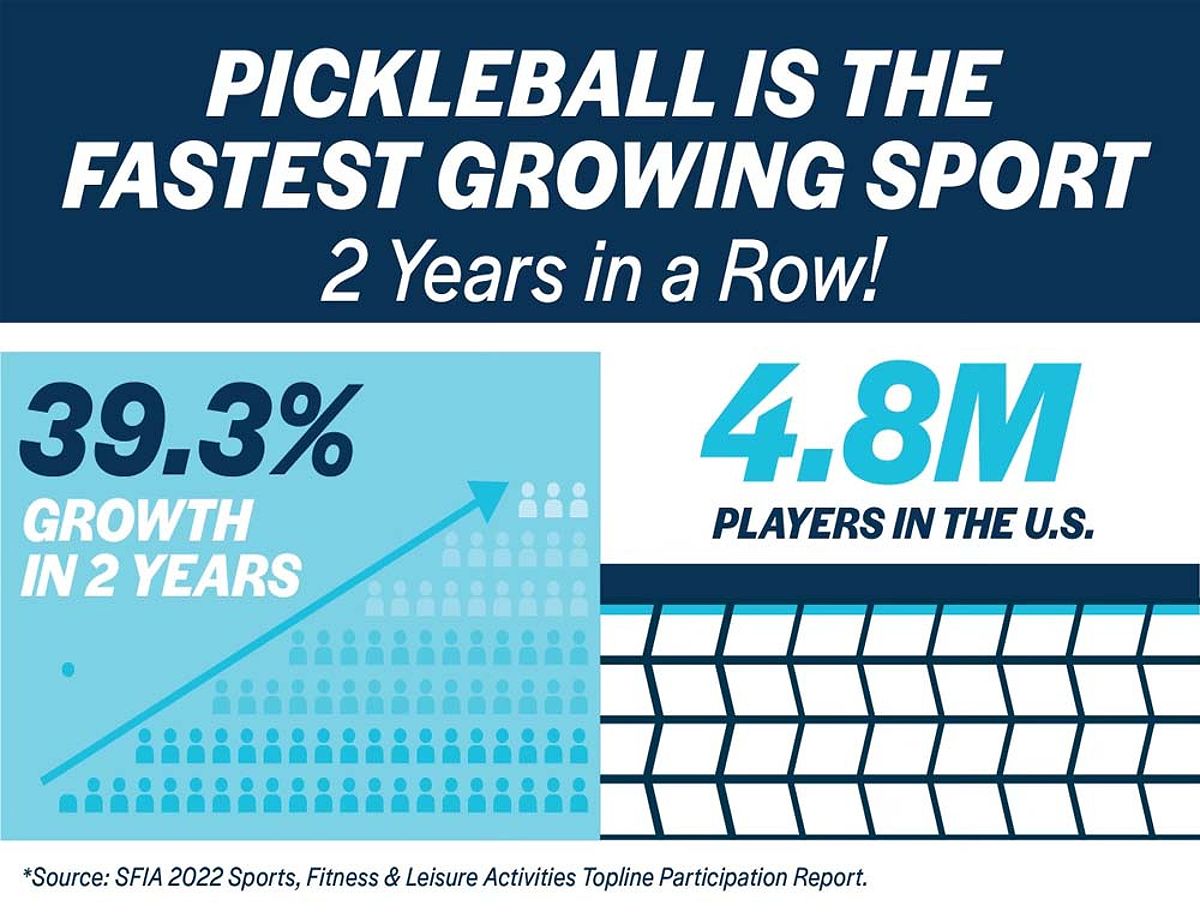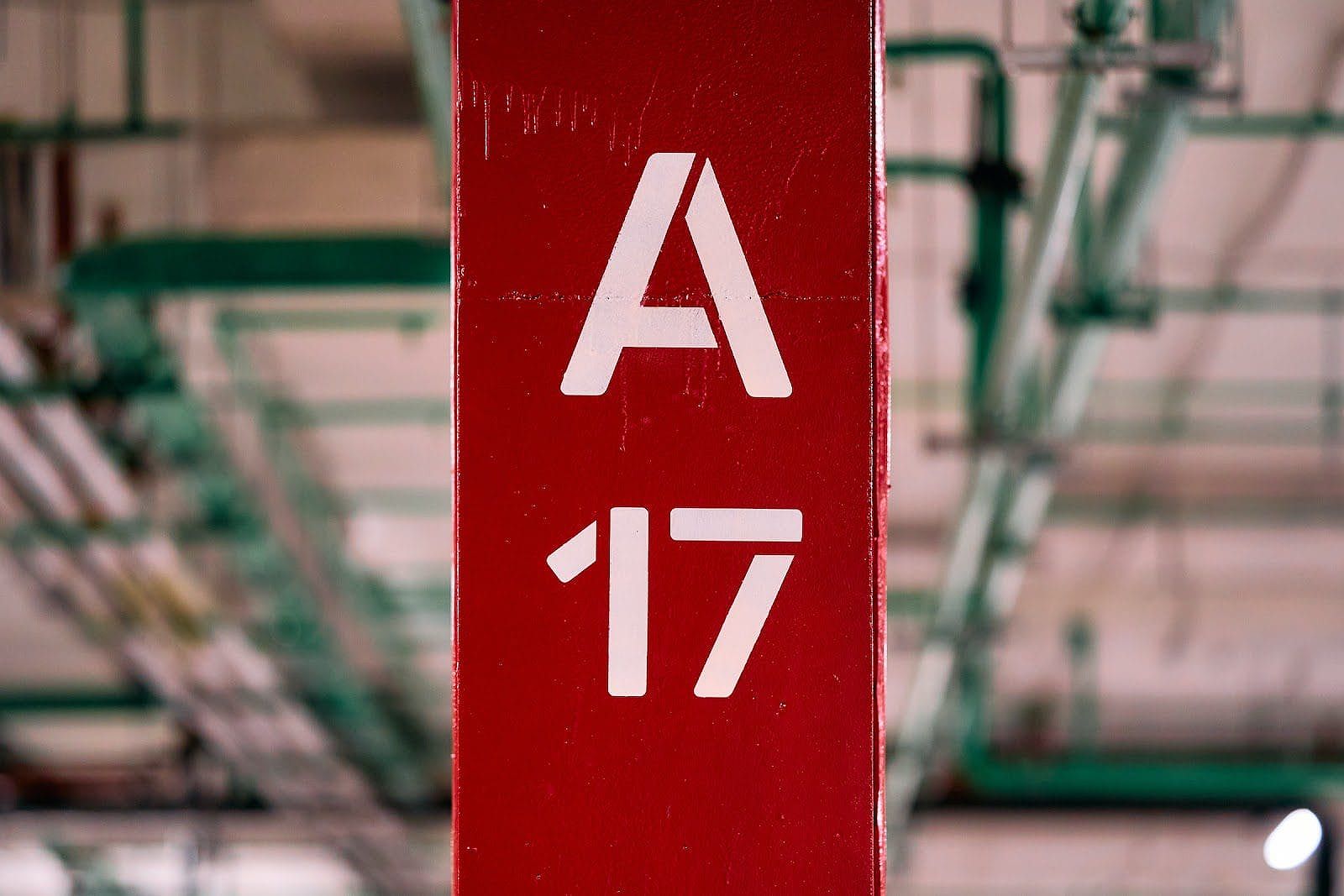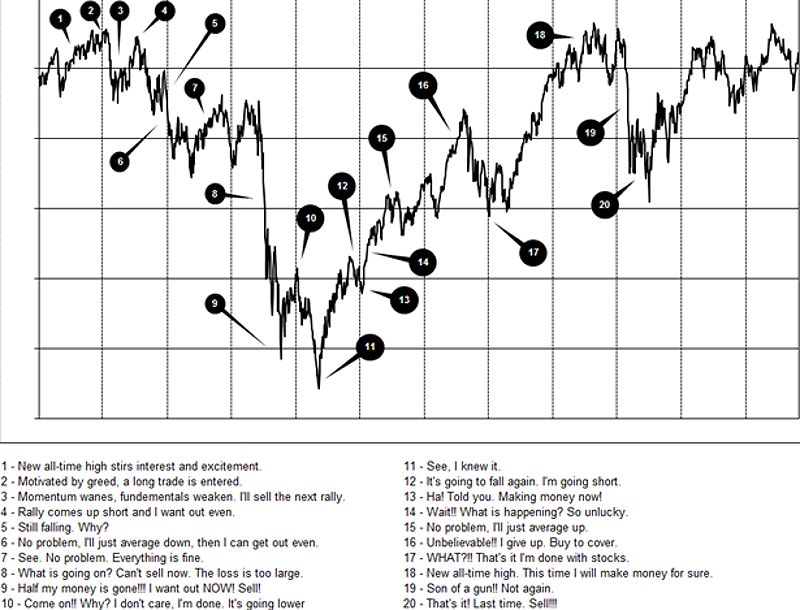The Ultimate Guide To Closing Costs On Cash Sale For Real Estate Investors: Minimize Expenses & Maximize Profits
Closing costs are often misunderstood by real estate investors, with the common misconception being that cash buyers can avoid them altogether. However, the reality is that even without a mortgage, cash buyers still face a range of expenses, including closing costs on cash sale, that can significantly impact their investment strategy.
Demystifying Closing Costs on Cash Sale for Real Estate Investors
What are Closing Costs?
Closing costs refer to the various fees and charges associated with a real estate transaction. These include administrative, legal, and third-party fees that must be paid to complete the purchase of a property. While the specific costs can vary depending on the location and the property’s value, understanding these expenses is crucial for real estate investors to accurately budget their investments.
Cash vs- Financed Closing Costs
When comparing cash and financed purchases, the closing cost landscape differs significantly. Cash buyers typically face fewer expenses compared to their financed counterparts. While cash buyers can avoid mortgage-related costs, such as origination fees and points, they still need to account for essential expenses like title insurance, appraisal, and inspection fees.
In contrast, financed buyers face additional costs associated with their mortgage, including lender’s title insurance and processing fees. This makes the overall closing costs for financed purchases generally higher than those for cash buyers.
The Importance of Understanding Closing Costs for Investors
Accurately estimating closing costs is crucial for real estate investors, as these expenses can significantly impact the overall profitability of a deal. By factoring in closing costs, investors can make more informed decisions about which properties to pursue, ensuring that their investment strategies remain aligned with their financial goals. Overlooking or underestimating these costs can lead to unexpected financial strain and ultimately affect the success of the investment.
Estimated Closing Costs for Cash Buyers
As a cash buyer, you can expect to encounter a range of closing cost categories that need to be budgeted for, including title insurance, appraisal, home inspection, escrow fees, recording fees, prorated property taxes, and transfer taxes (if applicable).
Typical Closing Cost Categories
- Title Insurance: Protects your ownership rights and guards against potential title defects.
- Appraisal: Ensures the property’s value aligns with the purchase price.
- Home Inspection: Identifies potential issues that could impact your investment.
- Escrow Fees: Covers the cost of a neutral third party managing the transaction.
- Recording Fees: Required for officially documenting the property transfer.
- Prorated Property Taxes: Taxes owed based on the seller’s ownership period.
- Transfer Taxes: Fees charged by local governments for the transfer of property ownership.
Average Cost Ranges for Each Category
The cost of these closing cost categories can vary depending on the property’s location, value, and local regulations. Here are the typical cost ranges you can expect as a cash buyer:
- Title Insurance: $1,000 – $3,000
- Appraisal: $300 – $500
- Home Inspection: $300 – $500
- Escrow Fees: $500 – $1,000
- Recording Fees: $100 – $300
- Prorated Property Taxes: Varies based on closing date
- Transfer Taxes: Varies by location
Example Scenario: Closing Costs on a $400,000 Investment Property
Let’s consider a cash purchase of a $400,000 investment property. The estimated closing costs for this scenario could be:
- Title Insurance: $2,500
- Appraisal: $450
- Home Inspection: $400
- Escrow Fees: $850
- Recording Fees: $250
- Prorated Property Taxes: $800
Total Estimated Closing Costs: $5,250
Remember, these are just estimates, and actual costs may vary based on the specific property and location.
Strategies for Minimizing Closing Costs
As a real estate investor, you can employ several strategies to minimize your closing costs and maximize your profits.
Negotiating with the Seller
One of the key advantages of being a cash buyer is the leverage it provides in negotiations. Sellers often prefer cash offers due to their speed and reliability, which you can use to your advantage. Consider asking the seller to contribute towards some of the closing expenses, such as the appraisal or title insurance, to reduce your overall out-of-pocket costs.

Shopping Around for Services
Don’t simply accept the first quote you receive for services like title insurance, appraisal, or home inspection. Take the time to compare quotes from multiple providers to find the most competitive rates. This can help you save a significant amount on your closing costs.
Utilizing Investor-Specific Resources
Explore resources and services tailored specifically for real estate investors, such as wholesale real estate platforms, investor-friendly title companies, or discounted inspection services. These can provide you with more affordable options and further optimize your closing cost expenses.
Exploring Alternative Financing Options
Consider using alternative financing options, like a home equity line of credit (HELOC) or a personal loan, to cover the closing costs. This can help you preserve your cash reserves for the investment property itself, allowing you to maintain a stronger financial position.
Additional Considerations for Cash Buyers
While the closing cost landscape may be more favorable for cash buyers, there are still important factors to consider to ensure a successful and financially sound investment.
Due Diligence and Title Insurance
As a cash buyer, conducting thorough due diligence on the investment property, including a comprehensive title search, is crucial. Owner’s title insurance is a wise investment to protect your ownership rights and guard against potential title defects or claims.
Property Taxes and Other Recurring Expenses
When budgeting for your investment, don’t forget to factor in ongoing expenses like property taxes, insurance, and maintenance costs. These recurring expenses can significantly impact your overall cash flow and profitability, so it’s essential to have a clear understanding of these obligations.
Tax Implications of Closing Costs
Closing costs may have tax implications for real estate investors. Some expenses, like points paid on a mortgage, can be deductible. Consult with a tax professional to ensure you understand the tax treatment of your closing costs and maximize any potential deductions.
FAQ
Q: Can I negotiate closing costs on a cash sale even if I’m not a professional investor?
A: Yes, negotiation is always possible, but investors often have more leverage due to the speed and certainty of their cash offers.
Q: Are there any closing costs that I cannot avoid as a cash buyer?
A: Some costs, like title insurance and recording fees, are generally unavoidable. However, investors can often negotiate other costs, such as appraisal fees or inspection fees.
Q: How can I estimate closing costs for a specific property without an appraisal?
A: Use online closing cost calculators or consult with a real estate professional to obtain a rough estimate based on local market data and property value.
Conclusion
As a real estate investor, understanding closing costs is essential when making cash purchases. By being aware of the various expenses involved, budgeting effectively, and leveraging your cash offer to negotiate, you can minimize your costs and maximize your profits. Remember to seek professional advice, explore investor-specific resources, and plan ahead to ensure a smooth and financially sound cash purchase. With the right approach, you can navigate the closing process with confidence and secure your investment property with minimal financial strain.
MORE FROM pulsefusion.org












